The Crucial Role of Specialized Care: Why Seeking a Professional Trained in OCD is Vital for Effective Treatment
Obsessive-Compulsive Disorder (OCD) is a complex mental health condition that can significantly impact an individual's daily life, relationships, and overall well-being. While seeking support for OCD is a crucial step towards recovery, the importance of finding a professional trained specifically in OCD cannot be overstated. In this blog, we'll explore the unique challenges of OCD treatment and why working with a specialized provider is essential for effective care.
Understanding the Complexity of OCD
OCD is characterized by intrusive thoughts (obsessions) and repetitive behaviors or mental acts (compulsions) aimed at reducing distress or preventing a feared outcome. These symptoms can vary widely in severity and presentation, making OCD a challenging condition to diagnose and treat.
Moreover, OCD often co-occurs with other mental health disorders such as depression, anxiety, or eating disorders, further complicating treatment. Without proper understanding and expertise, addressing these comorbidities alongside OCD can be daunting for clinicians and may lead to ineffective or incomplete treatment.
The Importance of Evidence-Based Treatment
Effective treatment for OCD is grounded in evidence-based approaches, such as Cognitive Behavioral Therapy (CBT), Acceptance and Commitment Therapy (ACT), Exposure and Response Prevention (ERP). However, delivering these interventions requires specialized training and expertise in OCD-specific techniques and protocols.
CBT for OCD involves identifying and challenging maladaptive thoughts and beliefs while gradually exposing individuals to feared situations or triggers (ERP) without engaging in compulsive behaviors. This process requires a nuanced understanding of OCD symptomatology and the ability to tailor treatment to meet the individual needs of each client.
Challenges of Ineffective Treatment
Without proper training and experience in OCD treatment, clinicians may inadvertently reinforce compulsive behaviors or overlook important nuances in symptom presentation. This can result in treatment that is ineffective, incomplete, or even harmful, leading to frustration, disengagement, and worsening symptoms for individuals with OCD.
Moreover, misdiagnosis or inadequate treatment can prolong suffering and delay recovery, contributing to feelings of hopelessness and despair. Given the chronic and debilitating nature of OCD, timely and effective intervention is paramount for improving outcomes and enhancing quality of life.
The Role of Specialized Care
Working with a professional trained specifically in OCD offers several distinct advantages for individuals seeking treatment:
1. Expertise in OCD-Specific Techniques: Specialized providers have undergone extensive training in evidence-based treatments for OCD, allowing them to implement targeted interventions that address the unique challenges of the disorder.
2. Understanding of OCD Symptomatology: Trained professionals possess a deep understanding of OCD symptomatology, including common obsessions and compulsions, as well as associated features such as comorbidities and treatment resistance.
3. Tailored Treatment Planning: Specialized providers can develop personalized treatment plans that address the individual needs and goals of each client, taking into account factors such as symptom severity, co-occurring conditions, and treatment preferences.
4. Access to Resources and Support: Clinicians with expertise in OCD often have access to specialized resources, support networks, and referral options that can enhance treatment outcomes and provide comprehensive care.
5. Advocacy and Education: Specialized providers can serve as advocates for individuals with OCD, helping to raise awareness, reduce stigma, and promote access to appropriate treatment and support services.
Conclusion
In the journey towards recovery from OCD, seeking a professional trained specifically in OCD is paramount. Specialized care offers individuals access to evidence-based treatments, tailored interventions, and expert support that can significantly improve treatment outcomes and enhance quality of life. By prioritizing specialized care, individuals with OCD can take an important step towards reclaiming control over their mental health and embarking on a path towards lasting recovery and well-being.
If you are looking for providers who specialize in utilizing this approach with OCD, get matched with one of our OCD counseling specialists today. If you would prefer, you can also schedule a free treatment consultation directly with one of them here (make sure to select one of our OCD specialists from the list).
